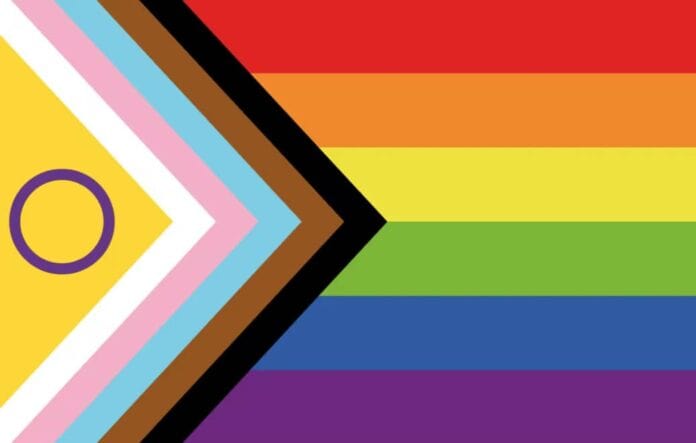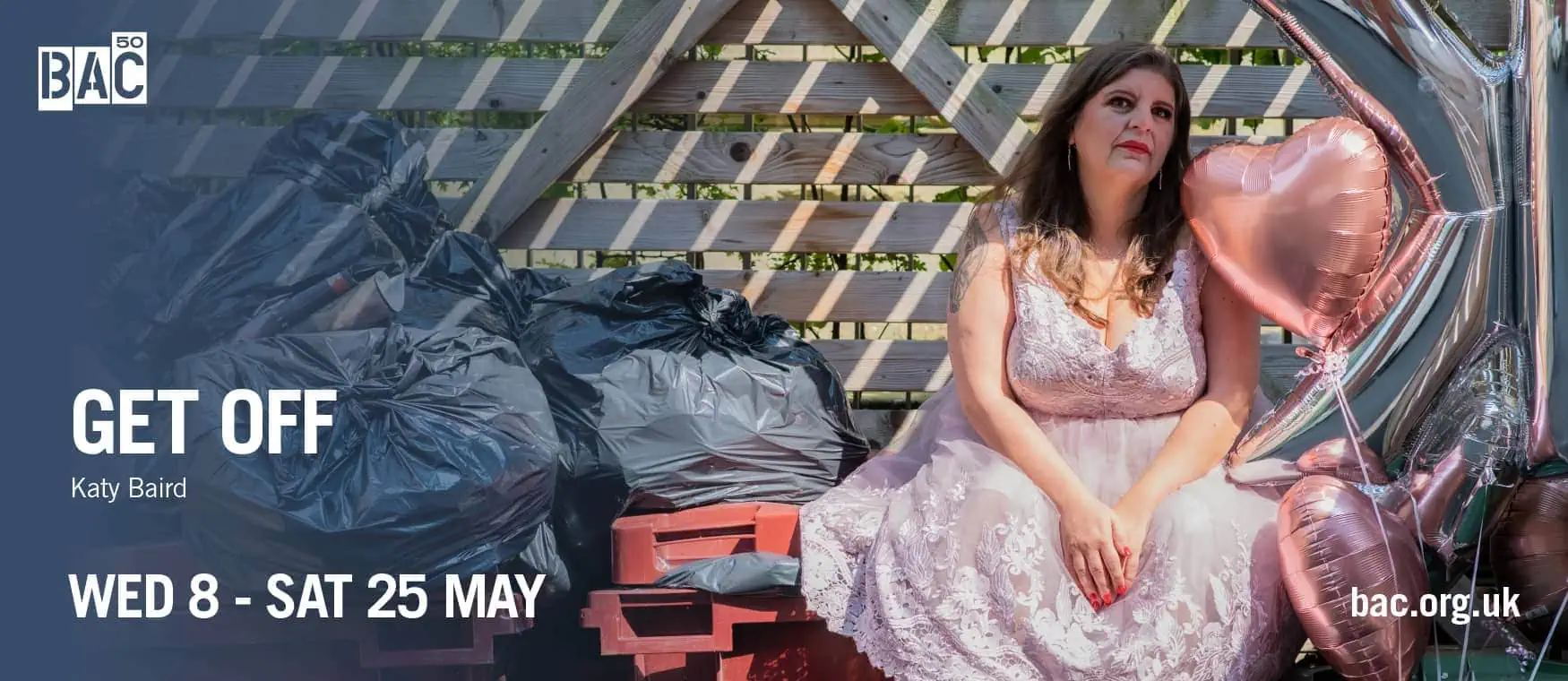For many gay and lesbian couples, the difficulties in starting a family have been a huge emotional hurdle to overcome. Whilst recent years have seen some improvement in the area, with adoption for same-sex couples being now legal in the UK, starting a family together isn’t a walk in the park.
When it comes to having your own biological baby, donor insemination and surrogacy, tend to be the only available options. In these instances, it is usually only one person who will be genetically related to the baby.
But with recent advances in science, things might be about to change. Babies who are related to both of their same-sex parents could become a reality.
The revolutionary idea
Scientists believe it might be possible to use stem cells to create gametes, which are sex cells. This would mean that you could possible create a new fertilisation technique which uses genes from same-sex parents, without the need to outside donor.
As you might remember from your biology lessons, in order to have a baby a women’s egg must be fertilised with a man’s sperm cells. But scientists are studying the possibility of using stem cells from the opposite sex in order to create these essential components.
This would mean you take a man’s cells and turn them into an egg or woman’s cells to turn them into a sperm cell. This could potentially mean same-sex couples get to have a baby, with one donor providing the egg and the other the sperm.
Current research
The research is currently on going around the world’s best universities. Last year, Cambridge University researchers were able to create these gametes from skin cells. At the time, Azim Surani, a lead researcher in the project, told The Sunday Times, “We have succeeded in the first and most important step of this process, which is to show we can make these very early human stem cells in a dish”.
Furthermore, geneticists at George Washington University published a study, which showed “multiplex parenting” might be on the horizon. The process is called IVG (In Vitro Gametogenesis) and it could potentially help conceive babies by using the DNA of a single parent, two same-sex parents or multiple parents.
Dr Sonia Suter pointed out to the Independent; there are still plenty of hurdles on the way. “The only way to demonstrate the effectiveness and safety of these techniques in humans is to use in vitro gametes to try to produce viable offspring in controlled settings,” Dr Suter said.
Researchers are also keen to point out the method could prove beneficial outside of same-sex couples. The process could help people who cannot produce healthy eggs and sperm cells, as it might be possible to use their stem cells to create new ones.
It’s important to note the method has not yet been properly tested on humans. How soon could the technique be used this way? Scientists are saying it could potentially be less than a few years away from actual human trials. But ExploreStemCells.co.uk reminds the studies in the field have often not been replicated successfully and further research is still needed.
Controversy over the method remains
Before it’s time to celebrate this scientific breakthrough, it’s time for some caution. Despite the benefits of the method, the technique continues to remain controversial for political, ethical and religious reasons.
As well as being surrounded with legitimate safety concerns, many religious conservative groups also continue opposed to the method. Even if the science proves to work, there would be quite a few legal and political hurdles to overcome.
Dr Helen Webberley, GP for Oxford Online Pharmacy, told the Huffington Post, “While scientifically, this is very exciting and indeed opens up possibilities for same sex couples or single parents; socially and morally it does throw up an awful lot of concerns.”
The objections aren’t purely on same-sex grounds, but experts are also concerned whether the method would lead to selective screening and the birth of the “designer baby”.
• If you are interested in reading more about the topic, check out offers on major bookstores through VoucherBin.co.uk. You can also contact the NHS for information on the current options for same-sex couples. Organisations such as Pink Parents are great for advice and support on same-sex parenting.












